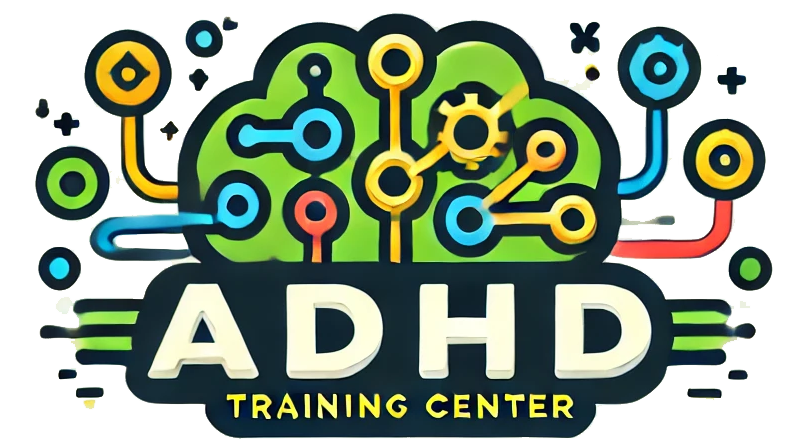Part of parenting a child with ADHD is truly recognizing that, while children with ADHD are amazing and bring so much creativity and life to the world, being “neurotypical” does mean that we have to rethink how we view development, growth, and more.
There has been some discussion in the past that children with ADHD often seem or act younger than their peers – that they may not be maturing as fast as other kids and young adults their own age.
Sometimes, this comes from behavioral issues associated with executive dysfunction. Children with ADHD can struggle with impulse control, emotional regulation, and organization – traits that make them seem younger than others that are outgrowing those challenges. But other times, it may seem that they may actually be maturing more slowly.
Is that the case?
Let’s talk about it.
Neurological Delays in Brain Development
The short answer is, it’s complicated.
The long answer is that research does confirm that brain development of children with ADHD often follows a different timeline. While all children mature at their own pace, children with ADHD may experience a measurable delay in specific types of cognitive and emotional development.
Studies using brain imaging have found that children with ADHD tend to show delays in the development of the prefrontal cortex – the part of the brain responsible not only for attention, decision-making, emotional regulation, and impulse control.
One frequently cited study by the National Institute of Mental Health (NIMH) found that cortical development in children with ADHD can lag behind their peers by approximately 2 to 3 years, especially in regions associated with executive function.
These delays are not necessarily permanent. Many children with ADHD eventually “catch up,” but the delay can affect how they perform in school and how they are perceived by adults and other children. It can also affect their mental health, as they may feel behind their peers or hurting emotionally from their challenges.
This isn’t about intelligence. Children with ADHD are just as capable as their peers, but their ability to manage that capability – especially under pressure – may not develop on the same timeline.
This neurological difference is one reason why behavior that appears immature is often not intentional. The developmental lag plays a role in what children with ADHD are capable of managing at a given age.
Social and Emotional Maturity May Also Be Affected
We’ve spoken on this blog in the past on issues associated with ADHD, such as the desire to watch the same shows over and over, or the tendency to ask seemingly random questions. Those can all both seem “immature” to others, but also potentially prevent their development as they may not experience deeper emotions or more diverse media.
Scientifically, we notice this as well. Because executive functioning includes self-awareness and emotional regulation, children with ADHD may also experience delays in developing social skills and emotional independence. For example:
- Difficulty interpreting social cues or adapting to group expectations.
- Struggles with frustration tolerance or emotional outbursts that are more common in younger children.
- A continued reliance on adult intervention for organization or task initiation.
While these behaviors may appear as “immature,” they often reflect a mismatch between internal development and external expectations – not a lack of effort.
Maturity Catches Up Over Time, But Support Helps
Most children with ADHD continue to develop these skills as they grow, especially with proper support. But during the years when the gap between chronological age and functional maturity is most visible – typically in late childhood and early adolescence – intervention can make a significant difference.
Executive function coaching, therapy, and classroom accommodations can help bridge the gap, while parental support programs can offer strategies for responding to behavior in a developmentally appropriate way.
It’s also important to remember that maturity doesn’t happen in every area at once. A child may be intellectually advanced but emotionally behind, or socially skilled but disorganized. ADHD doesn’t follow a fixed pattern.
Children with ADHD do mature – but often on a delayed or uneven timeline. With ADHD coaching for you, your child, or both, it becomes easier to develop some of the skills needed to “mature” at a healthy timeline and have skills that can help them both now and in the future. Learn more or get started by reaching out today.


